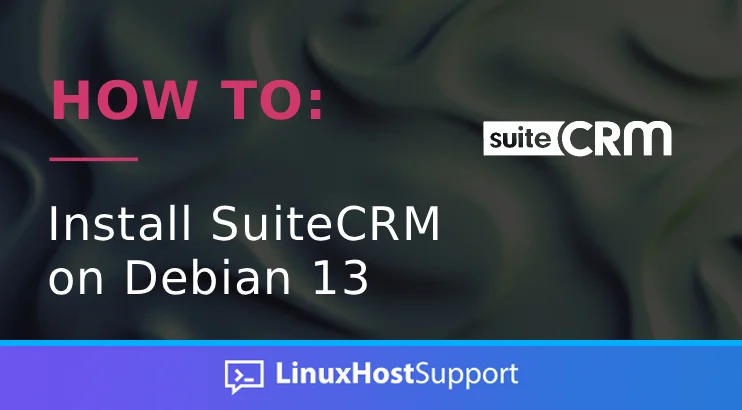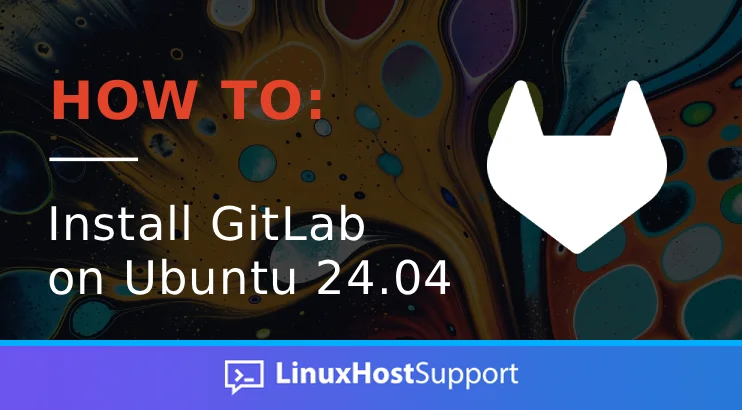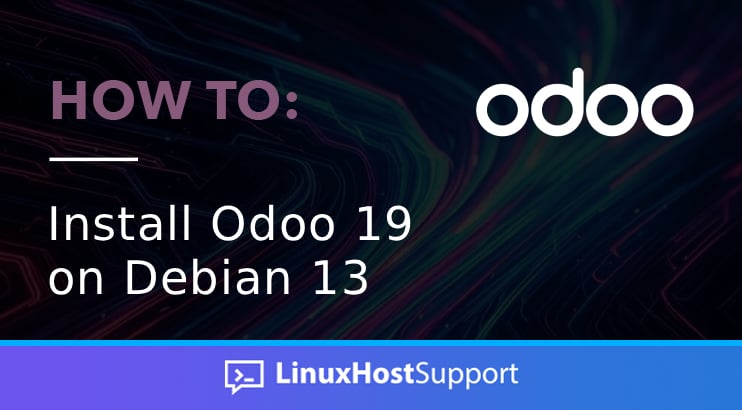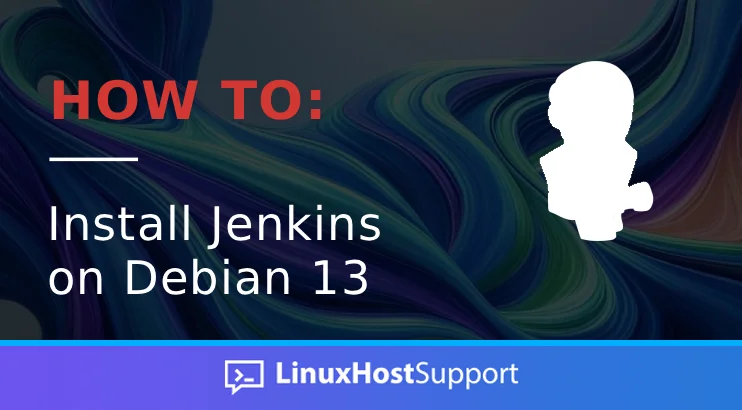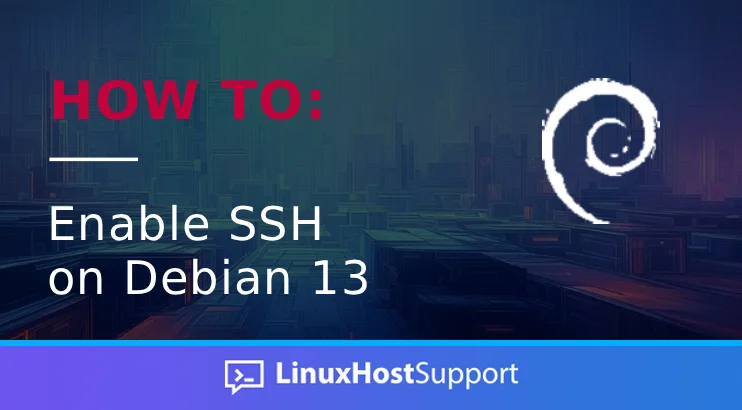In this tutorial, we will explain step-by-step how to install SuiteCRM on Debian 13. SuiteCRM is an open-source CRM (Customer Relationship Management) platform written in PHP. The key features and functions of SuiteCRM include sales automation, marketing automation, customer service, data management, and customization. In this blog post, we will also install the LAMP stack, which is required for SuiteCRM to work.
Installing SuiteCRM on Debian 13 with the LAMP stack is a straightforward process that may take up to 15 minutes. Let’s get things done!
(more…)